Tyler Locket loves his hometown of Tulsa, Oklahoma, but when he talks about the city that helped shape him as an athlete and a man, the Seahawks receiver frequently mentions what Tulsa lacks.
"I tell people all the time, they have no idea what Tulsa is like. I tell them that Tulsa is a step behind," Lockett said.
That explanation of Tulsa, and of the north side of the city in particular, came from Lockett on "Black Wall Street: Through the Ashes," an NFL 360 video feature that aired last week. And that description is similar to how Lockett has talked about Tulsa many times in his past. But while visiting Tulsa during Seattle's bye week last season, Lockett dove deeper into the history of the Tulsa Race Massacre and how it shaped the following century in Tulsa for Black people, and the experience was one he later described as "life changing."
"Hearing about these stories, it really hits home and it means a lot," Lockett said in 14-minute video feature. "I've always said we were so far behind in Tulsa. But it's almost like I want to stop saying it, because we were so far ahead of everybody, and it was taken away from us to where we're still suffering."
During his visit to his hometown, Lockett visited the historic Vernon AME Church and the building's basement where Black people hid as buildings around them burned. Lockett had conversations with Damario Solomon-Simmons, a civil rights attorney and the founder of Justice for Greenwood; he sat down with Rev. Dr. Robert Turner, the Pastor of the Vernon AME Church; he heard first-hand accounts of the massacre from Viola Fletcher, who at 107 is the oldest living survivor of that day in 1921; he learned of generational wealth, estimated at $630 million, that was wiped out; and he visited his alma mater, Booker T. Washington High School, noting, "I wonder what Booker T would look like, I wonder what everything would look like around it, had it not gotten take away from us 100 years ago."
"It was very life changing," Lockett said of his experience in Tulsa. "As you get older, you hear stories—stories about the history and what we once had and everything that took place. Actually being able to dive deeper into it just brought the story to life. Going down, being in the basement, knowing that this is where people were at when there was a fire on the other side of the brick wall, it just kind of brings everything full circle.
"And then being able to interview one of the survivors, Mother Fletcher, that was probably the most life changing out of the whole entire couple of days that we were there, just because she was seven years old when that took place. When she was talking and explaining some of the events that took place and the things that she's seen, one of the things that really hurt me the most and stuck with me the most was the fact that she said a hundred years later, when she goes to sleep at night and she hears noises, she has to remind herself that those aren't the same noises that she heard a hundred years ago."
Lockett, who was at the Super Bowl as the Seahawks' nominee for the Walter Payton NFL Man of the Year Award, lent his voice to the NFL 360 feature, and continues to use his platform to highlight the Tulsa Race Massacre, because he wants people to not just know our country's history—even the ugly parts of it—but also to understand how that history shapes present-day Tulsa. By calling the events of May 30, 1921 a riot and not what it was—a one-sided massacre in which a large white mob destroyed the Greenwood neighborhood and killed, by historians' estimates, as many as 300 Black residents—insurers were able to avoid paying claims on destroyed properties. In the aftermath of the massacre, thousands of Black residents were sent to interment camps, and for decades that followed, government neglect and systemic racism led to the continued deterioration of the once-affluent area dubbed "Black Wall Street" by Booker T. Washington.
"You start to realize what $630 million could have looked like in the city of north Tulsa," Lockett said. "We would've had our own community again. We would've had stores. We would've had malls. We would've had businesses. Kids would be able to go to college and not be in debt, because tuition would've been paid for."
For many Americans, particularly those who grew up outside of Oklahoma, the Tulsa Race Massacre was something either left out of the history books all together or something that was downplayed as skirmish between two equally-represented and equally-armed sides. But now, even as states around the country, Oklahoma included, try to ban an accurate teaching of history when it comes to racism in America, Lockett hopes he can help shed a light on his city's past, and how it affected the future of a once thriving neighborhood and the generations of Tulsans whose families were robbed of loved ones, business and future wealth.
"I just want people to learn the truth about Tulsa," Lockett said. "It's hard to be able to explain because, when you really look at all the events that took place, a lot of this was just a hundred years ago. When people understand the history and what Tulsa once was, I just want them to be able to understand that, now that they're learning this, imagine all of this being swept under the rug. Imagine it being hidden. But also, not only was this swept under the rug, but people were threatened not to talk about it.
"And other thing that people don't know is that, when Black Wall Street was being destroyed, Black people who were able to make it through it, a lot of them went to internment camps, and they couldn't leave the camps unless a white person came in and vouched for them. And that's how they got out. But if you were a Black person who owned your own business, you didn't do any type of business with white people who was going vouch for you? So I want people to be able to understand not just what took place, but what took place after.
And while the damage done a century ago is still taking its toll on Tulsa today, Lockett hopes lending his voice to the story can be a small part of his home town returning to its once thriving ways.
"I just want people to understand the true history of it, but understand that we're not just going to stop at, 'It was destroyed,'" he said. "Regardless of how much time it may take to rebuild, that's what we are going to continue to do, regardless of what may happen or what may not happen. The reparations that go along with the events that took place still haven't been paid, that still hasn't been taken care of. Black people had insurance and all that different type of stuff, and the city has not paid it. People flew planes and dropped bombs from the sky, it was literally a massacre. And they tried to call it a riot. It was a massacre, and the city didn't do anything about it. The government didn't do anything about it."
A look back at some of the best photos of Seahawks wide receiver Tyler Lockett from the 2021 season.

Some of the best photos of Seahawks wide receiver Tyler Lockett from the 2021 season.

Some of the best photos of Seahawks wide receiver Tyler Lockett from the 2021 season.
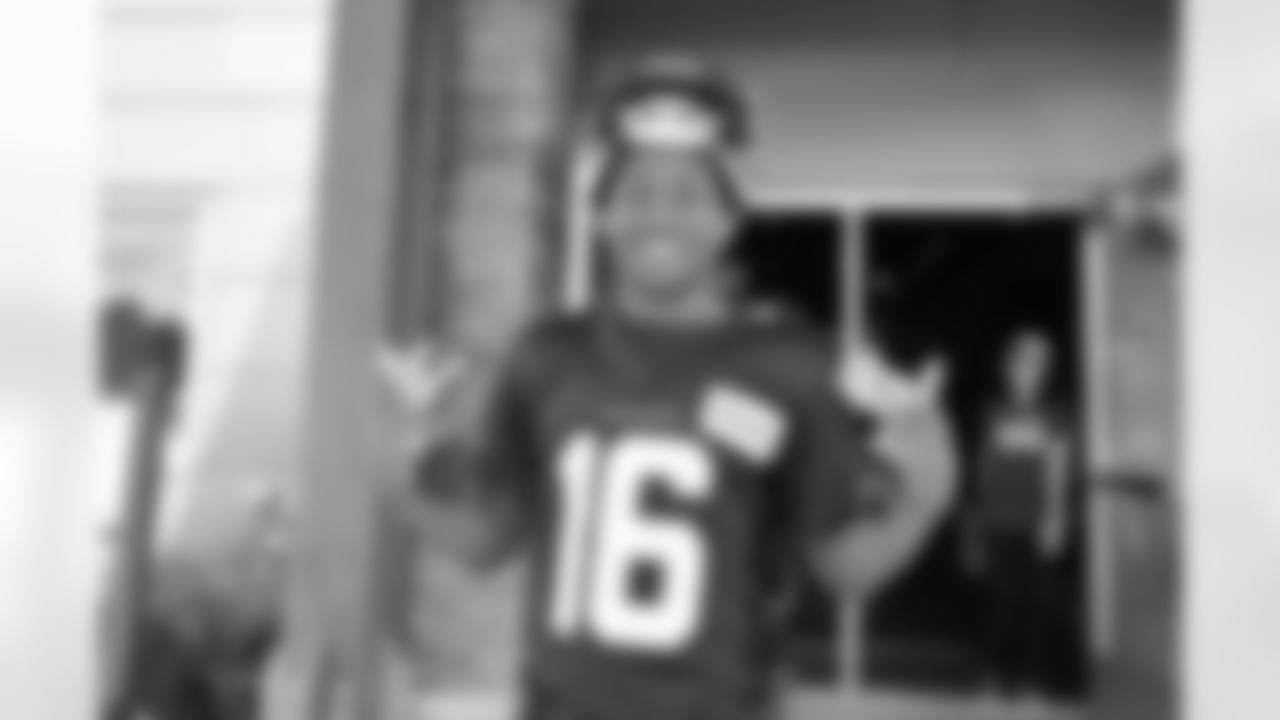
Some of the best photos of Seahawks wide receiver Tyler Lockett from the 2021 season.

Some of the best photos of Seahawks wide receiver Tyler Lockett from the 2021 season.

Some of the best photos of Seahawks wide receiver Tyler Lockett from the 2021 season.

Some of the best photos of Seahawks wide receiver Tyler Lockett from the 2021 season.

Some of the best photos of Seahawks wide receiver Tyler Lockett from the 2021 season.

Some of the best photos of Seahawks wide receiver Tyler Lockett from the 2021 season.
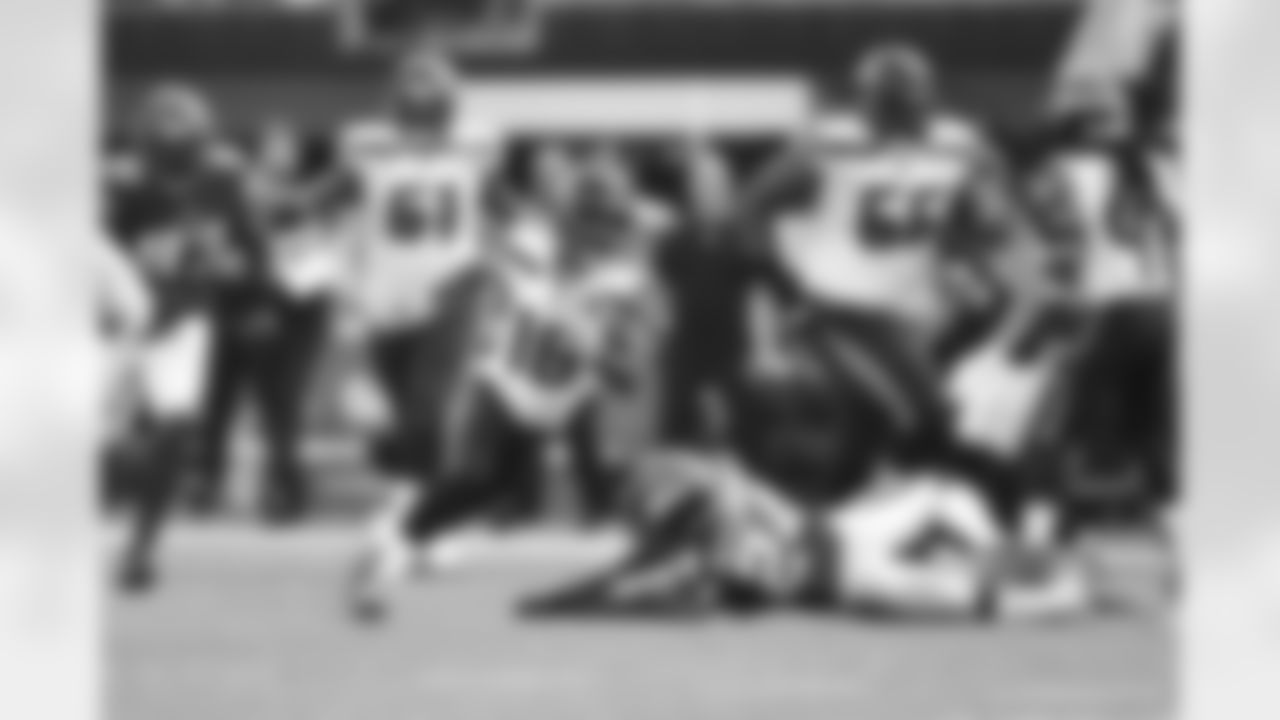
Some of the best photos of Seahawks wide receiver Tyler Lockett from the 2021 season.

Some of the best photos of Seahawks wide receiver Tyler Lockett from the 2021 season.

Some of the best photos of Seahawks wide receiver Tyler Lockett from the 2021 season.

Some of the best photos of Seahawks wide receiver Tyler Lockett from the 2021 season.
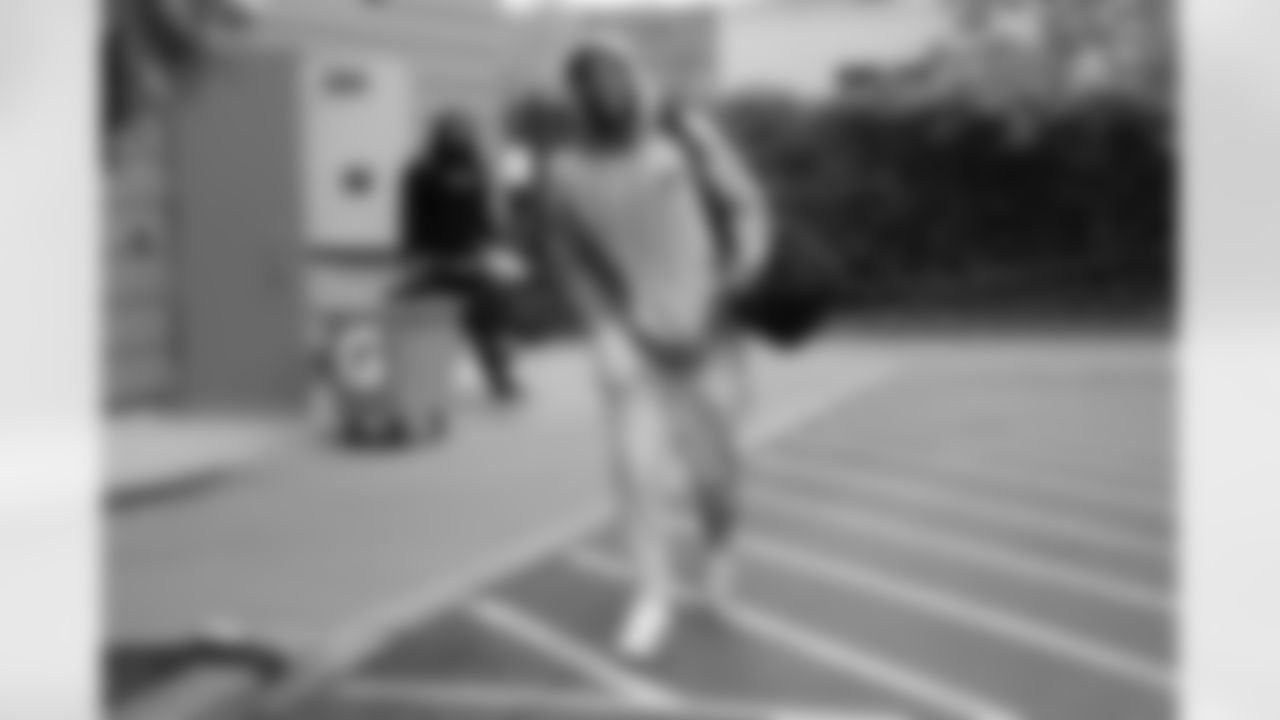
Some of the best photos of Seahawks wide receiver Tyler Lockett from the 2021 season.
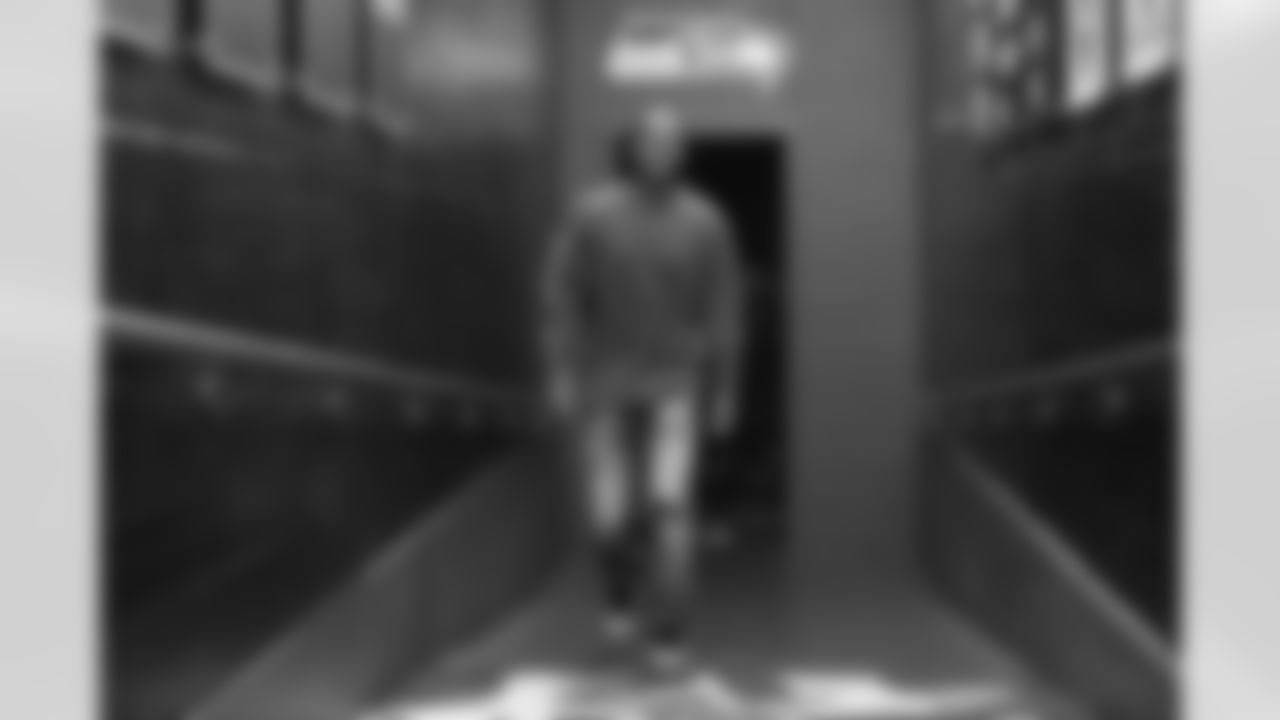
Some of the best photos of Seahawks wide receiver Tyler Lockett from the 2021 season.

Some of the best photos of Seahawks wide receiver Tyler Lockett from the 2021 season.

Some of the best photos of Seahawks wide receiver Tyler Lockett from the 2021 season.

Some of the best photos of Seahawks wide receiver Tyler Lockett from the 2021 season.

Some of the best photos of Seahawks wide receiver Tyler Lockett from the 2021 season.
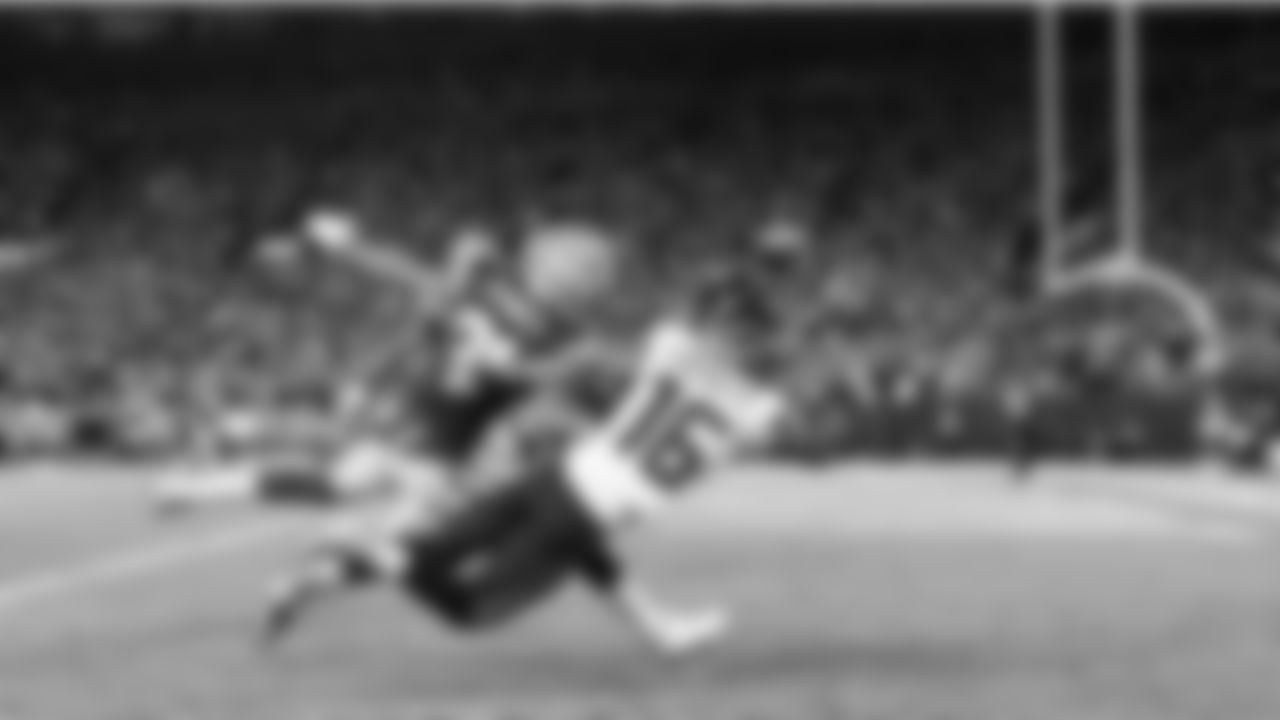
Some of the best photos of Seahawks wide receiver Tyler Lockett from the 2021 season.

Some of the best photos of Seahawks wide receiver Tyler Lockett from the 2021 season.
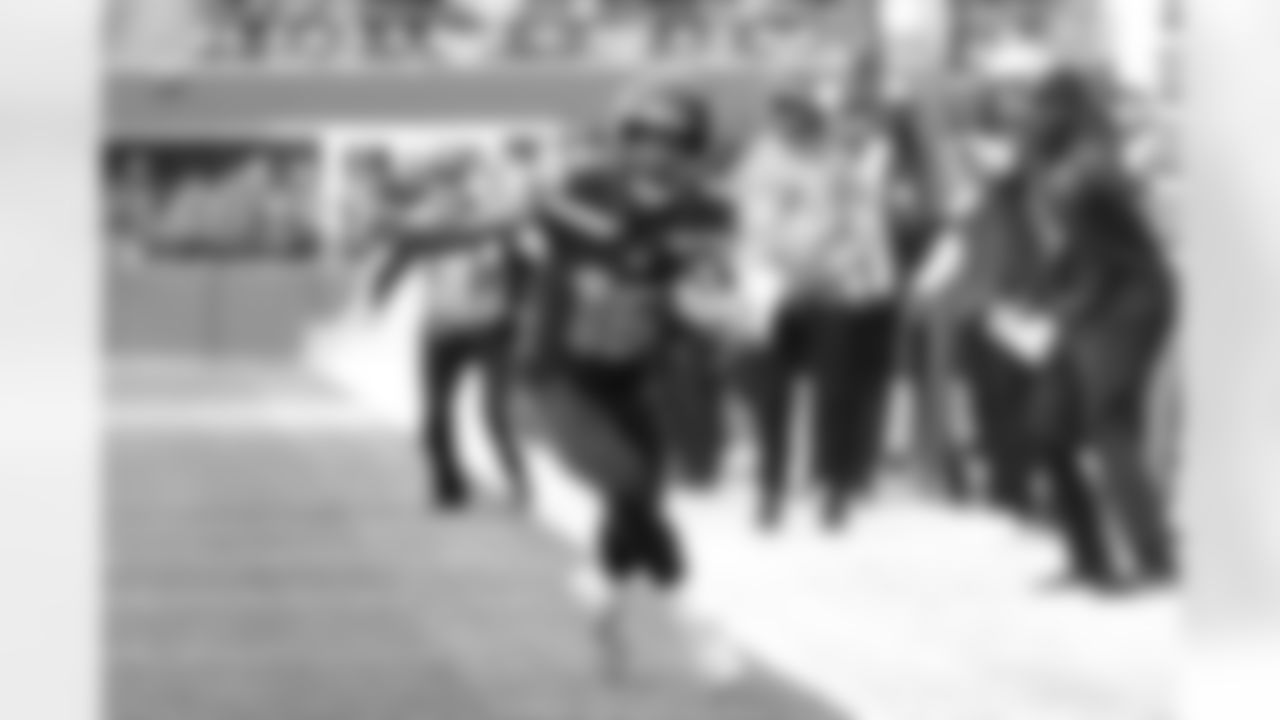
Some of the best photos of Seahawks wide receiver Tyler Lockett from the 2021 season.

Some of the best photos of Seahawks wide receiver Tyler Lockett from the 2021 season.

Some of the best photos of Seahawks wide receiver Tyler Lockett from the 2021 season.
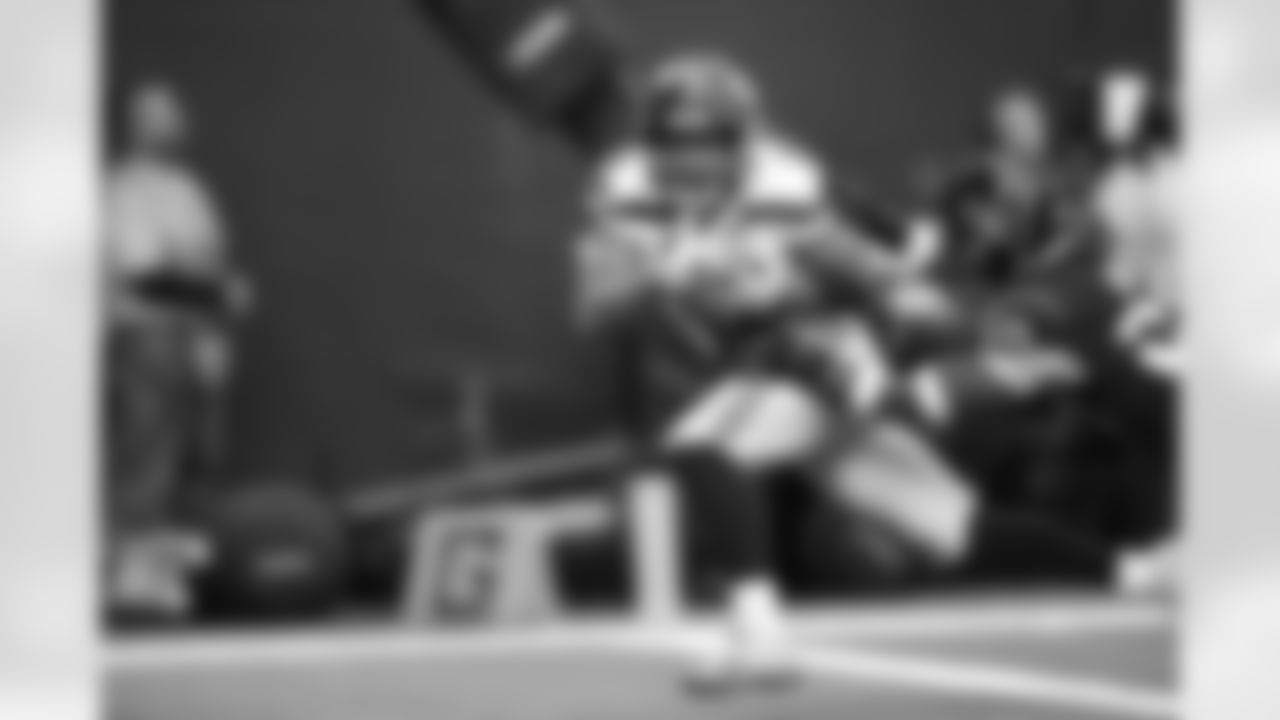
Some of the best photos of Seahawks wide receiver Tyler Lockett from the 2021 season.

Some of the best photos of Seahawks wide receiver Tyler Lockett from the 2021 season.

Some of the best photos of Seahawks wide receiver Tyler Lockett from the 2021 season.














